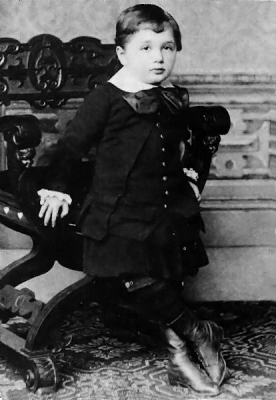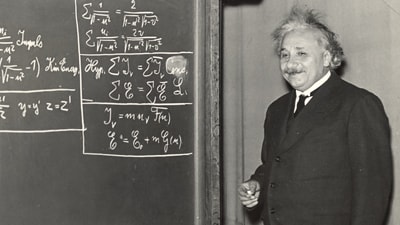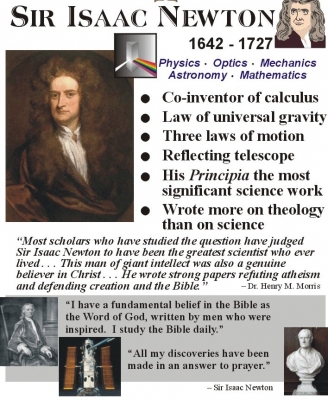
A young medical student by the name Max Talmud was an informal tutor who introduced Einstein to higher mathematics and philosophy.
Talmud often had dinner in Einstein’s home and shared several books with him. Einstein loved reading these books and also discussed philosophical matters with Talmud. Quickly grasping the contents of the books, Einstein was soon baffling Talmud with his questions.
Once when Talmud gave 12-year-old Einstein a geometry textbook, he finished the entire book in a surprisingly short time. His mathematical genius was such that Talmud soon found himself unable to catch up.
A turning point in Einstein’s life was when he was 16. Talmud had introduced him to a children’s science series by Aaron Bernstein titled Naturwis-senschaftliche Volksbucher (popular Books on Physical Science). In the series, the author imagined himself travelling along-side the electricity coursing through a telegraph wire.
The question this image raised in young Einstein’s mind dominated his thoughts for the next decade. What would a beam of light look like if someone ran alongside it? A light beam should appear stationary if it was a wave. But even as a child he realized that stationary light waves haven’t been seen. This remained a paradox he tried to solve.
Picture Credit : Google





